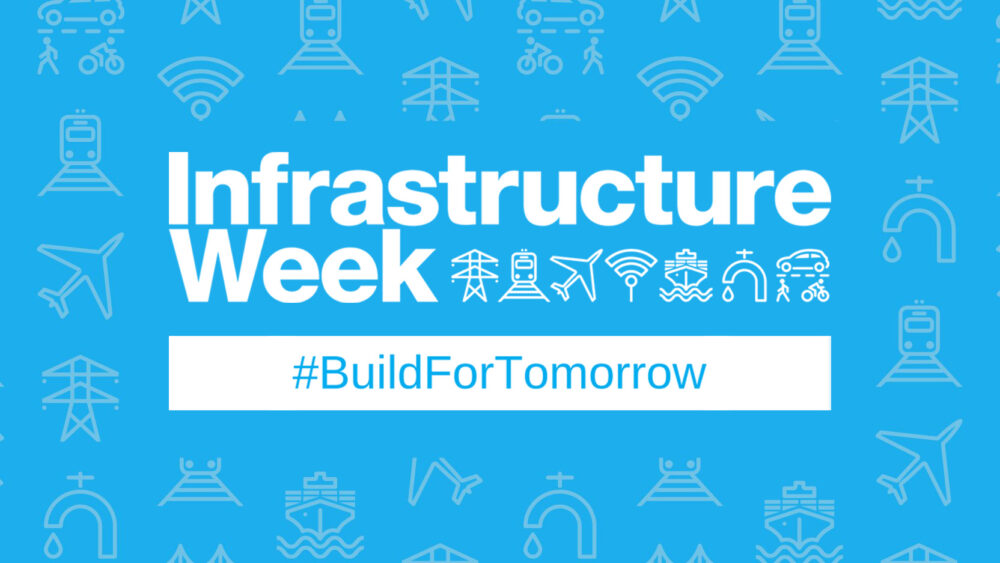It feels like Americans are collectively holding our breath when we interact with our infrastructure, waiting to see if a worst-case scenario happens or if we can keep kicking the can down the road.
Our nation’s infrastructure has been in a slow-motion decline, for decades now. Groups like the American Society of Civil Engineers have been trying to ring the alarm bell, releasing a national Infrastructure Report Card filled with D’s to let us know our infrastructure is failing – and to warn us that every day we wait, repairs become more expensive and Americans pay the cost – in lost productivity, higher costs of living and goods, and time spent waiting instead of working or with our families.
We have all heard the stories about tens of thousands of bridges past their useful lifespan, highways that need to be rebuilt, inland waterways that are neglected, drinking water and wastewater systems that cause public safety issues. Locally, we know there are 3,848 bridges in the New Hampshire Department of Transportation (NHDOT) bridge inventory with an approximate replacement value of $8 billion. Nearly 80% of all New Hampshire state-owned bridges were constructed prior to 1980, over 650 of those bridges are over 75 years of age and between 2010 and 2015 the average age of state-owned bridges increased from 52 to 56 years. A typical bridge design life is 50 years, therefore, the average bridge in New Hampshire now has reached or exceeded its planned functional life.
 So why are we still waiting for action? May 14-21, 2018, is the sixth annual Infrastructure Week, which is a national week of advocacy and education designed to raise awareness about why we need to invest in our infrastructure.
So why are we still waiting for action? May 14-21, 2018, is the sixth annual Infrastructure Week, which is a national week of advocacy and education designed to raise awareness about why we need to invest in our infrastructure.
According to ASCE, commuters waste 42 hours and $1,200 in fuel per person idling in traffic. A study from the Value of Water Campaign found that if a water-reliant business, such as a brewery or auto manufacturer, lost water service, the company could lose up to $5,800 per employee per day. ASCE also found that more than $1.3 trillion in property lies in the path of under-maintained aging levees, dams, and other critical infrastructure, putting a huge number of communities at risk.
If we want modern, safe, reliable infrastructure, we need to act. We need our leaders at every level – municipal, state, and federal – to prioritize infrastructure investment. Repairing and upgrading water systems, ports, airports, highways, the power grid and broadband is what Americans want. Gallup polling has shown consistently that this is one of the most popular, least politically controversial topics for the federal government to address. Locally, U.S. Sen. Jeanne Shaheen, (D-N.H.), reintroduced legislation in the Senate that would begin to address the more than 56,000 structurally deficient bridges across the country. The Strengthen and Fortify Existing Bridges (SAFE Bridges) Act, which was also cosponsored by New Hampshire’s other Democratic senator, Maggie Hassan, would establish a program to provide funding specifically for repairing and replacing structurally deficient bridges. It would authorize an additional $2.75 billion annually through 2020 to enable state’s to fix their bridges and funding would be allocated through a needs-based formula according to their share of the nation’s deficient bridges.
We all know there is no more time to wait. Let’s use this Infrastructure Week to send a message: we need action; the future isn’t going to wait for us if we drag our feet any longer. It is time for us all to step up and build the infrastructure this country deserves. More information about Infrastructure Week, and suggested actions you can take to participate, can be found here.




Comments are closed.